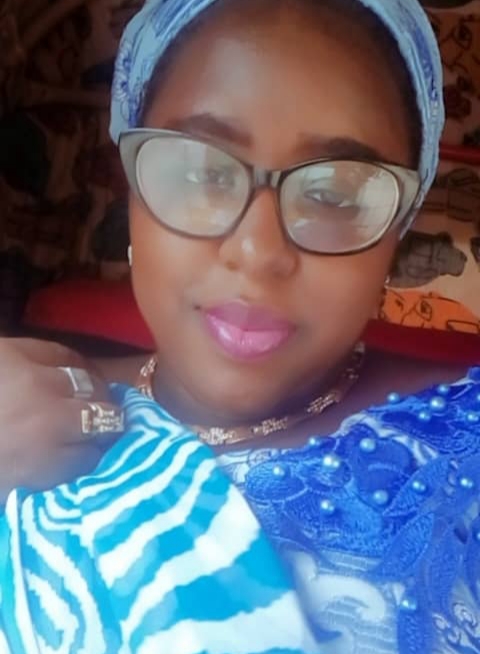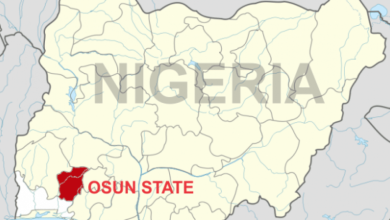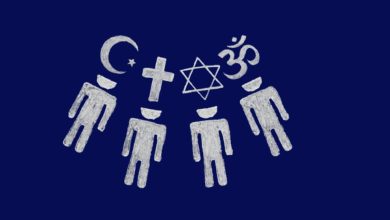Feminism and Nigeria

Feminism is the belief in social, economic and political equality of sexes. Although largely originated from the west. Feminism is manifested worldwide and is represented by institutions committed to activity on behalf of women’s right and interest.
While feminists around the world have differed in causes, goals and intentions, depending on time, culture, country and religion, they most importantly have one goal, the betterment of women
First wave of feminism of the 19th and early 20th century focused on overturning legal inequality particularly addressing issues of women’s forage, the second wave included cultural inequalities gender norms and the role of women in society
Africa has its own peculiar beliefs, norms and traditions which are entirely different from western culture .this, are reflected in the brand of feminism practiced on Nigeria. The feminist movement started subtly and unconsciously in Nigeria in 1929 during the Abba women’s riot.
The riot which was led by women in the provinces of calabar and owerri in south-eastern Nigeria in November and December of 1929 is known as the women’s war in Igbo history.
Thousands of Igbo women organised a massive revolt against the policies imposed by British colonial administration. The Colonial administration added to the local sense of grievance when they announced plans to impose special taxes on the Igbo market women ,these women were responsible for supplying the food to the growing population in calabar ,owerri and other Nigerian cities .
They feared the taxes would drive women out of business and seriously disrupt supply of food and non-perishable goods available to the populace, using the practice of censoring men through all night song ,dance and ridicule ,the women chanted ,danced and in some locations forced warrant chiefs to resign their positions ,they also attacked native courts burning them to the ground. Colonial police were called, killing more than 50 women and injuring 50 more, the women’s uprising is seen as the first major challenge to authority in Nigeria and Africa.
In Nigeria, there has always been a women’s movement or more correctly women’s movements. These existed before, during and after colonialism. Many of them probably do not fit the conventional definition of a movement. Various forms of interest groups see themselves as movement, although not all of them serve interests that attempt to address inequalities between women and men in society and although this is an acceptable criteria for minimizing disagreement in the women based organisation.
I admit that there are still a lots of differences in the forms of movement that call themselves women’s movements.
Some movements may not have clear objectives, missions or visions and exist as usual when the need arises but with little or no coordination, continuity or sustainability, some may be limited to specific local struggles, amazing women such as princess Amina of Zzazau [now modern Zaria], Iyoba Idia of Benin and Madam Efunroye Tinubu took charge of their day, they challenged every status quo relation to politics, economics, arts, culture, tradition, and even the definitions of their sexuality.
Most of these women don’t identify as feminist or neither did they create a better life for men or women ,they just became successful in the career paths above all others , as a 21th century woman such as Folorunsho Alakija[business magnate], Ngozi Okonja Iweala[economist], Ibukun Awosika[entrepreneur], Hajiya bola Shagaya[business magnate], Mosunmola Abudu[entrepreneur], Uju Ifejika[business magnate], Funmi Iyanda[media personality], Ndidi Nwuneli[entrepreneur], Oby Ezkwesili[financial expert], and Tara Fela Durotoye[entrepreneur].
These women are still breakthrough in their lifetimes but should it be called feminism if all what they did was to create a better life for themselves?



